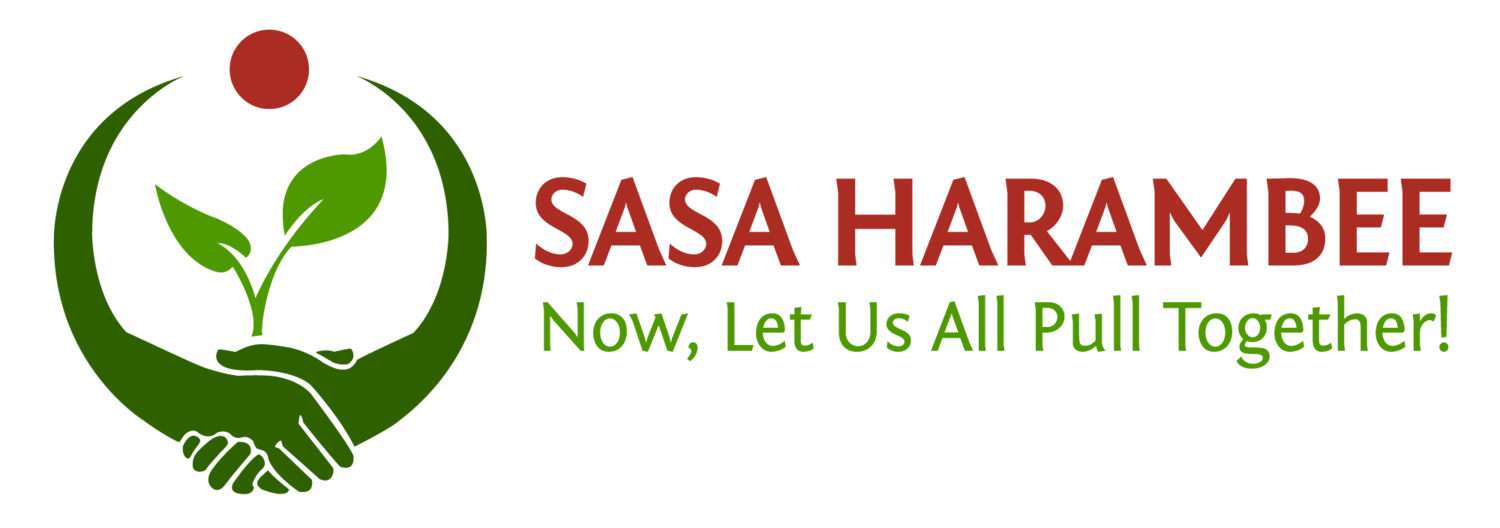Our Story began in 2007 when Sasa Harambee entered this community and was invited to participate in the promotion of self-sufficiency for the local villagers. We responded by building a secondary school and a medical dispensary in Uluthe (a village of 700 in East Uholo). We then rejuvenated broken wells, drilled a new well for the clinic in partnership with Engineers Without Borders, and began protecting natural water springs.
Shortly after, what became our core program and strongest partnership builder began in 2009. We assisted the local community in developing a training program in organic agricultural practices. It was wildly successful. After local food security became achievable we began establishing agribusiness cooperatives in 2010. As of May of 2016, 1000 farmers have been trained and belong to this program. In 2017, the program will take in another 1000 subsistence farmers of which 400 are now producing commercial hay.
Participating farmers now feed themselves and their family year around and in times of drought, can pay school and medical fees, build new houses, and increase livestock holdings.
In addition to promoting sustainable, organic food security, Sasa Harambee is responding to community requests to assist in the development of sustainable, economic engines. Primarily, we are providing business acumen: training, mentoring, developing business plans, and (when, and only when appropriate) helping to find small amounts of startup investment capital for locally-driven enterprises. Additionally, in 2016 Sasa Harambee engaged in further business growth initiatives including creating cooperative marketing programs and seeking other financing opportunities for this emerging market.
From our inception, the Sasa Harambee programs have invested in and fostered the growth of local leadership through experience, training, and encouragement. We take a purposeful and intentional approach in equipping community leaders to progressively take on more and more responsibility.
These forward-looking, partnership approaches have demonstrated life-changing results for farmers and their families throughout this area. Truly, there is a growing wildfire of enthusiasm for the work being done here because locals can see the results first-hand and because they can see this is not a short-term hand-out, but a long-term strategy of emerging self-sufficiency.
We see this story--and it's area of impact--only growing. Please be a part of our future together, hand-in-hand with these Kenyans!


